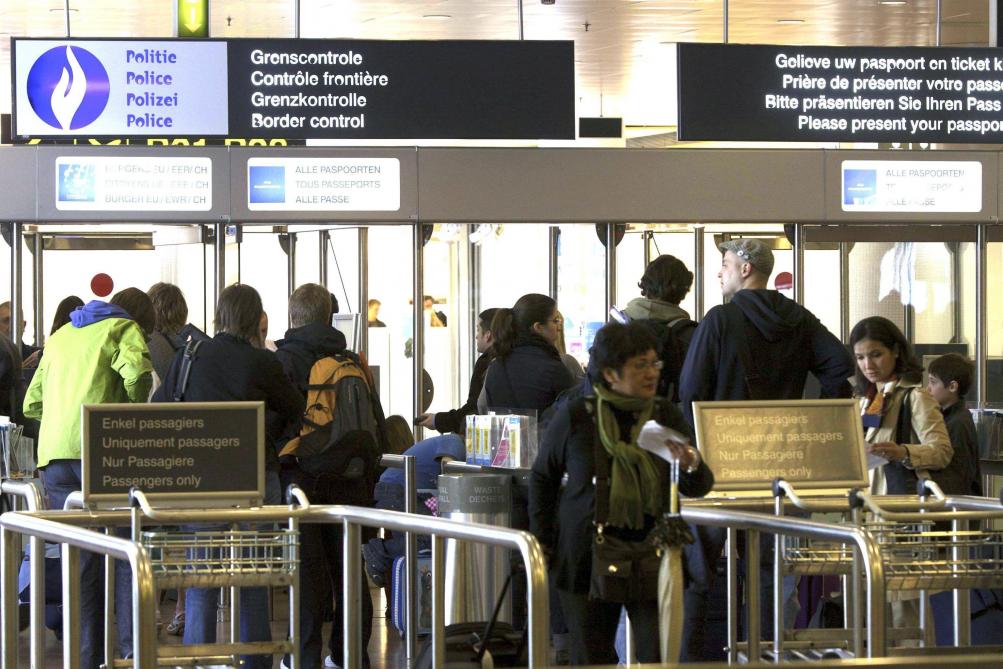From 1 July, fully vaccinated people living in most non-EU countries that are considered red travel zones will be allowed to make non-essential journeys to Belgium again.
Mostly.
In fact, the whole thing is split into those countries which Belgium views as fine-but-still-red and those which are more concerning - the so-called very high-risk zones.
Fine-But-Still-Red:
To be allowed entry into Belgium, third-country nationals will have to prove that they have been fully vaccinated with a vaccination certificate approved by the Belgian authorities, according to the Ministerial Decree published on Thursday.
Valid vaccination certificates will be the EU's Digital Covid vaccination Certificate, a vaccination certificate from a third country that is considered equivalent by Belgium based on bilateral agreements, or by the European Commission.
Currently, those are the countries on the European "white list": Australia, New Zealand, Rwanda, Singapore, South Korea, Thailand, Israel and Japan, according to Wendy Lee, spokesperson for the Federal Public Health Service.
A number of other countries, including the United States, Albania and Lebanon, will soon also be added to that list, but their colour codes "still have to be discussed and endorsed by the authorities," she told The Brussels Times.
Related News
- Netherlands now considers Belgium yellow travel zone, Brussels still orange
- Italy mostly green on European travel map, only Netherlands still fully red
- Belgium bans UK travellers over Delta fears
Additionally, Belgium only considers someone fully vaccinated if it has been at least two weeks since they received the last required dose of a vaccine approved by the European Medicines Agency (EMA).
Another change from 1 July: non-Belgian residents travelling to Belgium from a red zone who can present an EU Digital Covid Certificate will no longer have to present a negative PCR test taken a maximum of 72 hours before arrival.
Very High-Risk Zones:
While the above rules will be the case for most non-EU countries considered red zones, it won't be for all. Extra restrictions will apply to people coming from third countries classified as "very high-risk zones" because of the circulation of variants of concern (such as the Delta variant).
These "very high-risk countries" include India, Brazil and South Africa, but the United Kingdom, the Democratic Republic of the Congo and a number of others are being added to the list this week. The full list can be found here.
The entry ban applies to travellers coming from all countries on this list, and means that most people who were on one of their territories at some point in the last 14 days are prohibited from travelling - directly or indirectly - to Belgium.
Exceptions are only made for Belgian nationals and people who have their main residence in Belgium, as well as for a very limited number of authorised essential journeys, such as travel by transport personnel and diplomats.
However, those essential travellers and returning Belgian residents (or nationals) still have to undergo a mandatory 10-day quarantine and get tested on day 1 and day 7. The quarantine may only be interrupted for essential reasons.
For the time being, there is no information on how long these travel measures will stay in place.
Jules Johnston contributed to reporting.

